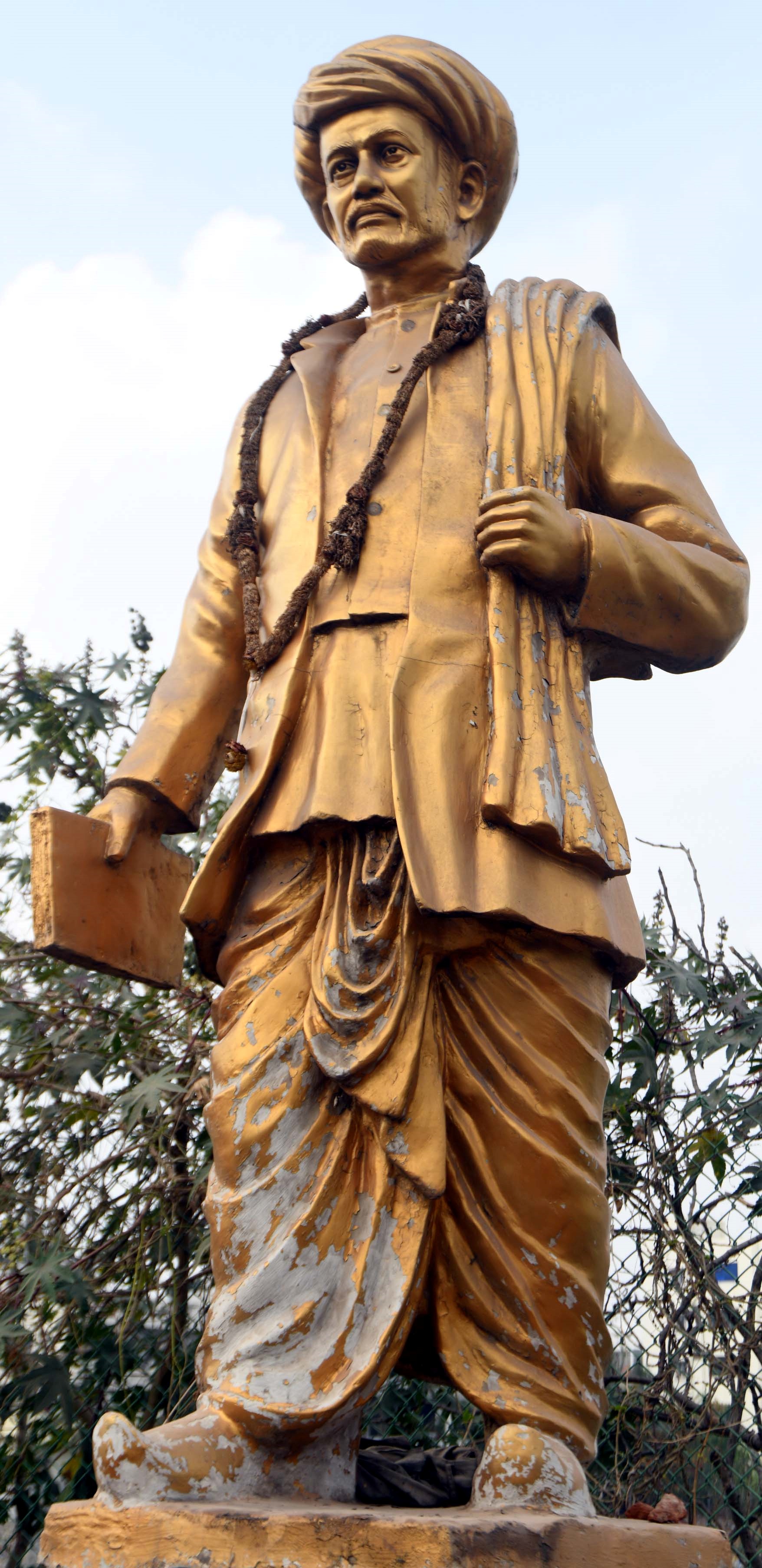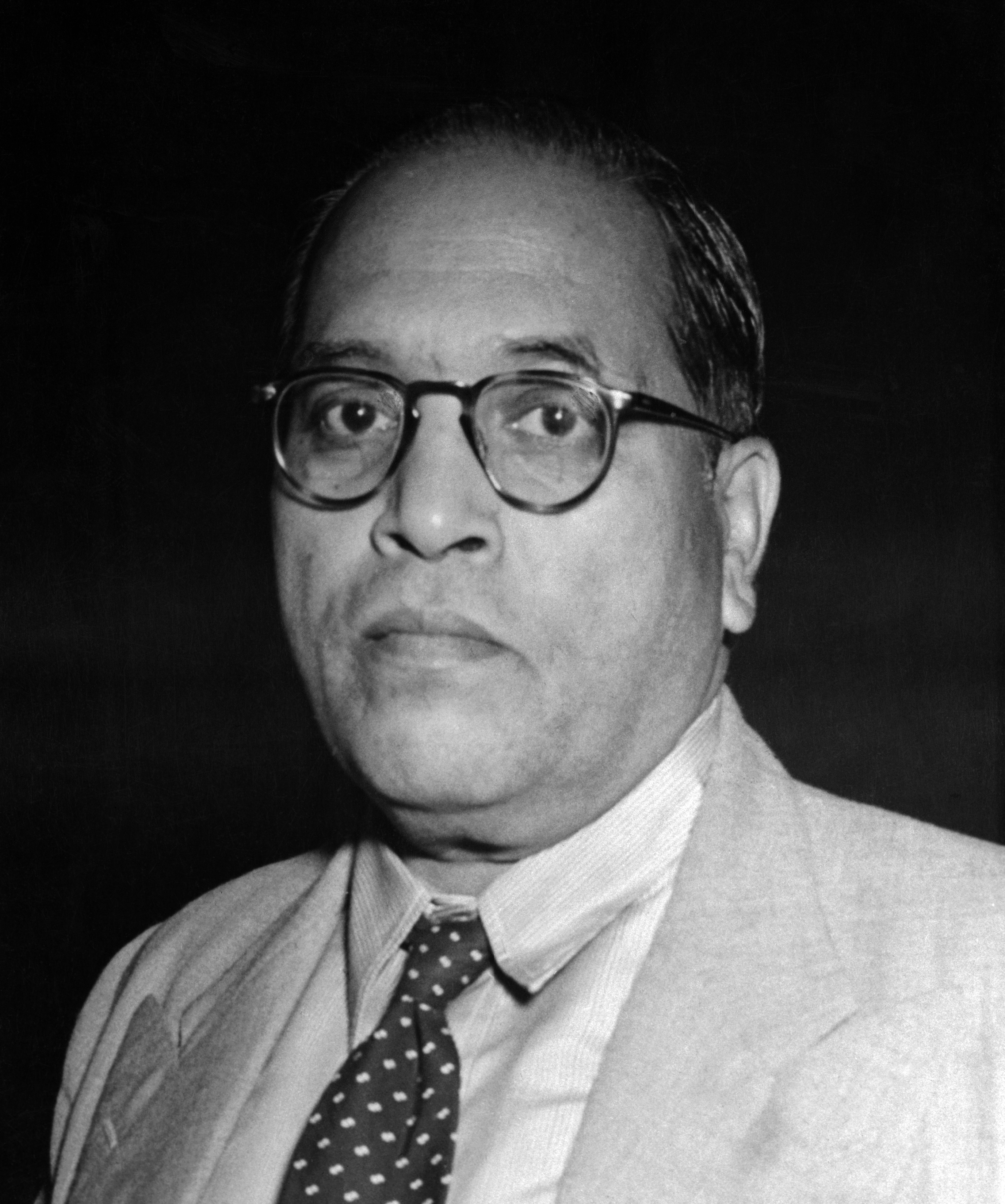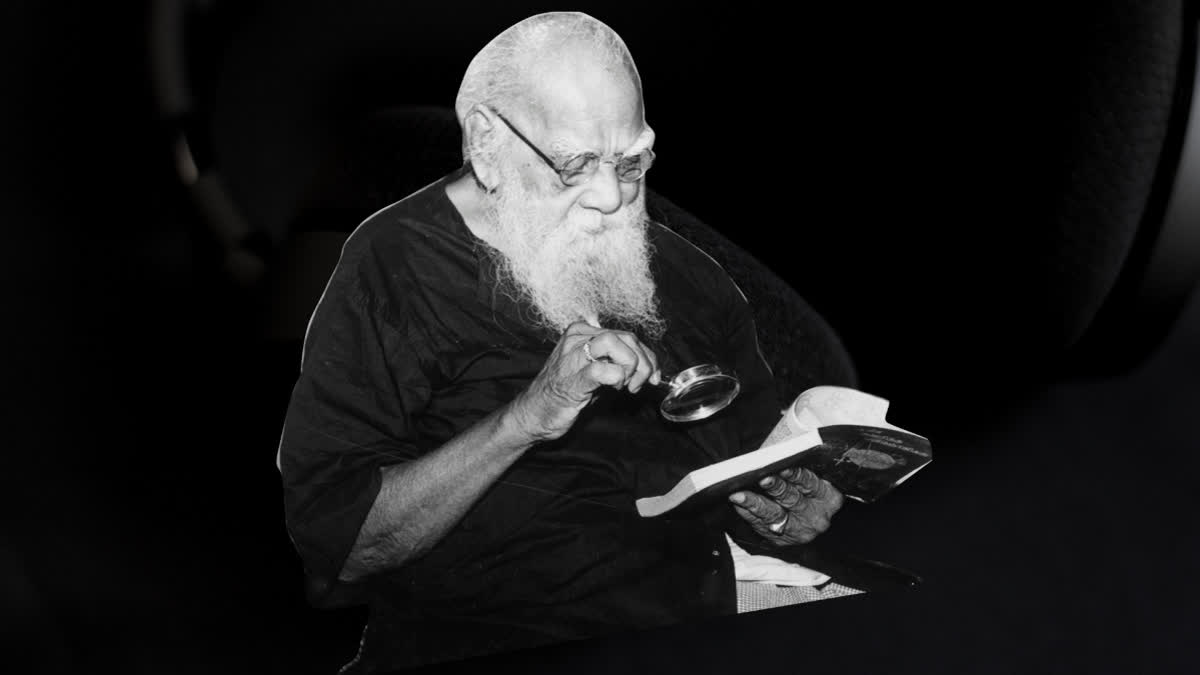India's caste-based discrimination persists in modern institutions, as demonstrated by a Supreme Court judgment condemning the oppressive treatment of prisoners based on caste hierarchies. Government data showing that 92 per cent of workers cleaning urban sewers, septic tanks are from SC, ST, OBC groups — further illustrates the systematic oppression of these communities.
Such realities starkly echo the very injustices that the Self-Respect Movement, led by E.V. Ramasamy (Periyar) in 1925, sought to eradicate. As we approach the centenary of the Self-Respect Movement, it is vital to revisit its origins, contributions, and enduring impact. Launched in 1925 by E.V. Ramasamy (Periyar) in Tamil Nadu, the movement fundamentally altered the political and social fabric of southern India.
Its call for social justice, gender equality, and the annihilation of caste challenged deeply entrenched systems of oppression. Today, as we reflect on a hundred years of its legacy, it is also necessary to examine the role Andhra leaders played, how the movement influenced the Andhra region, and its contemporary relevance in Dravidian states.
Origins and Influence of the Self-Respect Movement
The Self-Respect Movement emerged as a response to the hierarchical nature of Indian society, which was marked by caste oppression and gender inequality. Periyar’s aim was to dismantle Brahmanical hegemony, which dominated social, religious, and political life. The movement advocated rationalism, rejecting the superstitions that supported caste-based hierarchies and perpetuated social injustices. Periyar was deeply influenced by anti-caste reformers like Jyotirao Phule and B.R. Ambedkar, whose ideas echoed the need for social transformation and equality.

Key to the Self-Respect Movement was the promotion of Dravidian identity over an Aryan-dominated narrative. Periyar and his followers advocated for a distinct Dravidian identity to challenge the cultural and political domination of the North. The movement was radical for its time, promoting inter-caste marriages, women’s rights, and the abolition of rituals that perpetuated discrimination. As an organised ideological movement, it sought not only to reform but to revolutionise the way society functioned.
The movement's influence was profound, particularly in Tamil Nadu. Its ideas laid the foundation for Dravidian politics, which took centre stage in post-independence Tamil Nadu through the rise of parties like the Dravida Munnetra Kazhagam (DMK). The Self-Respect Movement redefined the relationship between politics and social justice, carving out a unique political ideology that continues to influence Tamil Nadu’s governance and social policies.
Role of Andhra Leaders and the Self-Respect Movement in the Andhra Region
The Self-Respect Movement's influence spread beyond Tamil Nadu and significantly impacted the neighbouring Andhra region. Many leaders from the Andhra Pradesh region, inspired by the movement’s ideals, worked to propagate its principles. Andhra leaders like Kandukuri Veeresalingam and Raghupati Venkataratnam Naidu had already laid the groundwork for social reform in the region, particularly in challenging caste oppression and advocating women's rights. The Self-Respect Movement gave a renewed push to these efforts.

During the late 1920s and early 1930s, Periyar's ideology resonated with the Andhra intelligentsia and reformers, who aligned their social justice goals with the principles of the movement. Leaders like Gora (Goparaju Ramachandra Rao), who later became an important figure in atheism and rationalism in Andhra Pradesh, were influenced by the Self-Respect ideology. The fight against Brahmanical dominance, caste oppression, and superstitions found fertile ground in the Andhra region, which was already experiencing social and cultural shifts.
In Andhra Pradesh, the movement influenced caste-based political mobilisation, particularly among the non-Brahmin castes, and contributed to the formation of a more assertive political identity. It played a role in creating a consciousness that rejected the passive acceptance of social hierarchies and instead advocated for active reform and upliftment of marginalised communities. The seeds of these ideas can be traced to later political developments in Andhra, particularly with the rise of parties like the Telugu Desam Party (TDP), which invoked regional pride and the rights of marginalised communities.
Relevance of the Movement in Contemporary Times
The relevance of the Self-Respect Movement is strikingly evident in today’s socio-political landscape. India, despite progress in multiple arenas, continues to struggle with caste-based discrimination, gender inequality, and socio-economic disparities. In Dravidian states, particularly Tamil Nadu, the ideological underpinnings of the Self-Respect Movement continue to influence policy-making, with a focus on social justice, affirmative action, and welfare schemes aimed at uplifting the marginalised sections of society.
In contemporary times, the movement’s emphasis on rationalism and its critique of superstitions hold critical importance, especially as the country grapples with a resurgence of caste and religious identity politics. The movement's insistence on rational thinking and the rejection of dogma is vital in countering regressive tendencies that threaten the secular and democratic fabric of the nation.
The Self-Respect Movement also remains relevant in addressing the ongoing issues of gender inequality. The movement’s early advocacy for women's rights, including education and participation in public life, paved the way for subsequent gender reforms. Yet, gender-based violence, discrimination, and the under-representation of women in politics persist, necessitating a continued commitment to the movement’s original principles.
Moreover, as India confronts rising inequalities and caste-based violence, the Self-Respect Movement’s call for the annihilation of caste is as pertinent today as it was a century ago. The structural inequalities that caste perpetuates remain deeply ingrained in Indian society, and the movement’s legacy offers a roadmap for confronting these challenges through policy interventions, affirmative action, and the promotion of equality.
Way Forward: The Need for Dravidian States to Embrace the Movement
The centenary of the Self-Respect Movement is an opportune moment for Dravidian states to re-examine and reinvigorate the movement’s core values. As the political landscape of India shifts, with increasing centralisation of power and the rise of majoritarian politics, Dravidian states must uphold the movement’s principles of social justice, regional identity, and rationalism.
Dravidian states, particularly Tamil Nadu and Andhra Pradesh, can lead the way in reaffirming the values of equality, social justice, and rationalism that the Self-Respect Movement championed. This involves not only protecting but also expanding policies that support the marginalised—such as reservation policies, educational scholarships, and gender justice measures. It also involves promoting regional identity in a way that counters the homogenising tendencies of national politics, ensuring that Dravidian identities and values are celebrated and safeguarded.
The Dravidian model of governance, which focuses on welfare policies and inclusive development, can serve as a blueprint for other states in India. However, to stay true to the Self-Respect Movement’s ideals, these states must also address new challenges, such as digital inequality, environmental justice, and labour rights, while continuing to fight caste oppression and gender inequality.
In conclusion, the Self-Respect Movement’s hundred-year legacy is one of enduring relevance and profound influence. Its call for social justice, rationalism, and equality is as urgent today as it was in 1925. As we look to the future, it is essential for Dravidian states to embrace this legacy, not only in remembrance but in active implementation, ensuring that the movement’s principles continue to guide the quest for a more just and equitable society.
(Disclaimer: The opinions expressed in this article are those of the writer. The facts and opinions expressed here do not reflect the views of ETV Bharat)



